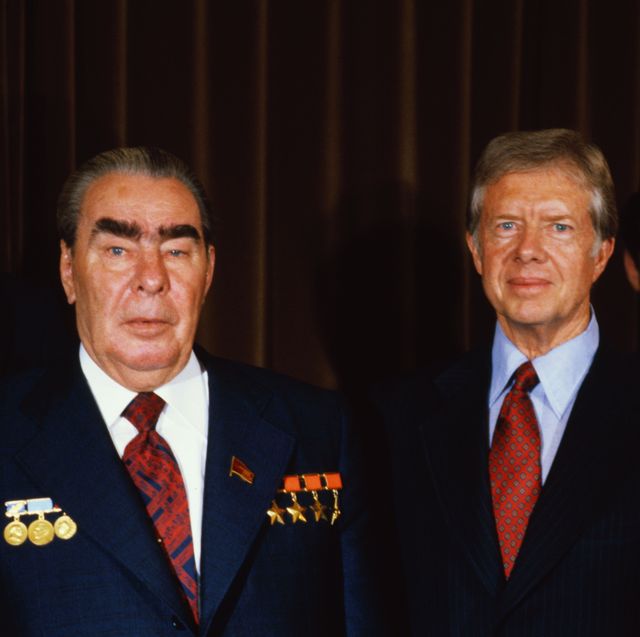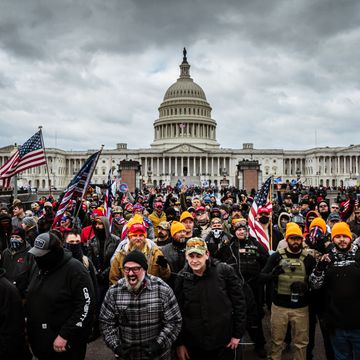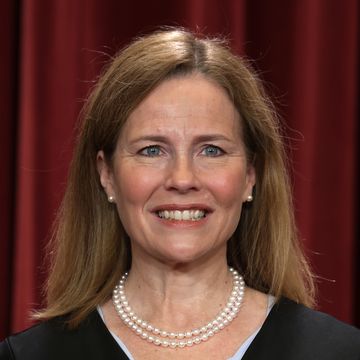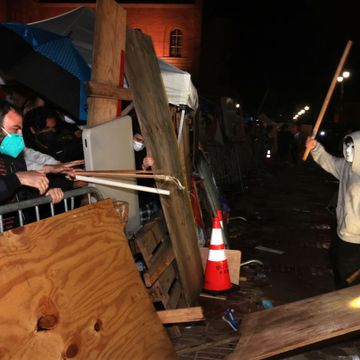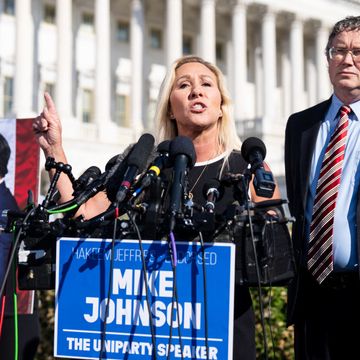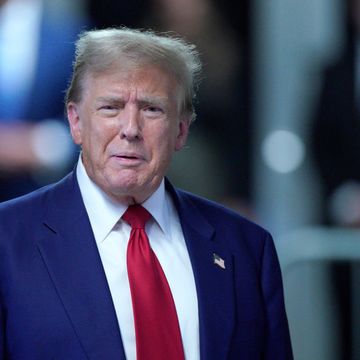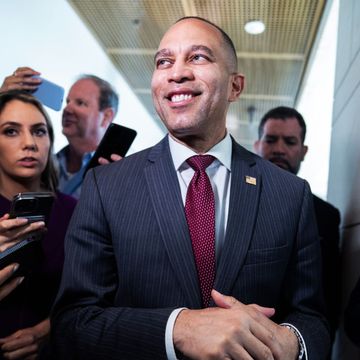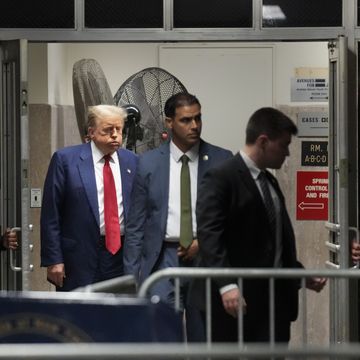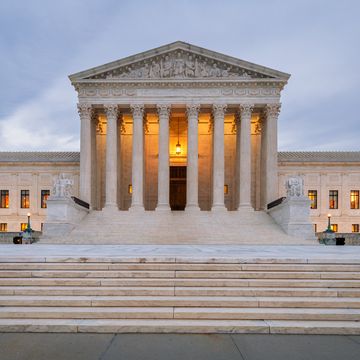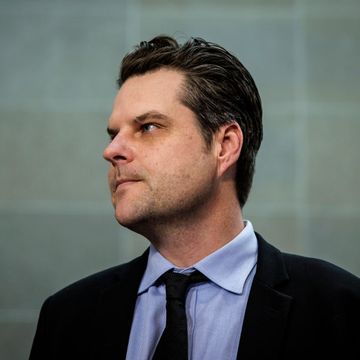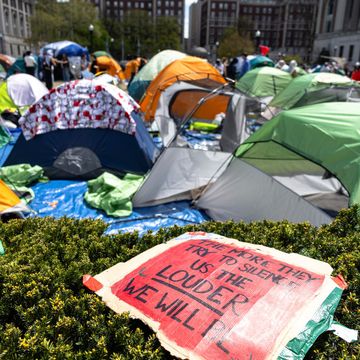The good folks at the National Security Archive have dropped some history on us again. This time, they've released documents relating to how close the world came to dealing with a nuclear-armed apartheid South Africa in 1977, and how neither Soviet premier Leonid Brezhnev nor new US President Jimmy Carter thought that was a particularly good idea—not for Africa and not for the world. In early August of that year, Brezhnev told Carter that the USSR had evidence that South Africa had built a nuclear-testing site in the wastes of the Kalahari desert.
The State Department quickly formulated a plan of action to secure assurances from South Africa that it did not have a nuclear weapons program and that it was in compliance with non-proliferation norms. After the South African leadership made such assurances, President Carter and the U.S. delegation publicized them at the UN-sponsored world Conference for Action Against Apartheid in Lagos. But the U.S. still harbored “doubts,” and Washington decided to ask for more commitments. In the meantime, there was discussion at the State Department and the White House about possible demands to inspect and dismantle the site. National Security Adviser Zbigniew Brzezinski, presumably under instruction from President Carter, rejected dismantlement as “too much to ask.”
The U.S. effort to lead and coordinate diplomatic pressure on South Africa flowed from President Jimmy Carter’s deep commitment to nuclear non-proliferation, a topic that had been a central element of his 1976 campaign. While major files on the South African nuclear issue at the Jimmy Carter Library remain closed (except for stray items released separately), the documents that are available indicate how top State Department and White House officials kept the President apprised of ongoing developments. While only a few items reflect specifically on President Carter’s decision-making, the White House played a central role in shaping the direction of policy. An especially telling document that appears in the State Department’s Foreign Relations series is a memo from Brzezinski to President Carter, with the latter’s annotations indicating that his chief goal was to prevent a South African test, and that “if they have to lie about what their plans were, let them do so—Let them save face.”
Carter was being cagey because U.S. intelligence was having the devil's own time trying to pry loose information about South Africa's nuclear ambitions. It came to the conclusion that the best that could be hoped was that the country's development of nuclear weapons could be delayed. In fact, it wasn't until 1993 that then-President F.W. DeKlerk copped to the fact that, in the 1980s, when President Ronald Reagan softened this country's attitudes toward South Africa, his country had developed six bombs and had been working on a seventh when DeKlerk stopped the program.
Reagan's softened attitude toward the apartheid state was another one of his administration's reversal of his predecessor's policies. What Reagan called "constructive engagement," people opposed to the apartheid regime saw as pretending to do something you didn't want to do, In 1986, for example, when Reagan vetoed a bill that levied economic sanctions on South Africa. Congress overrode his veto with ease, whereas Carter had drawn the hardest line against South Africa than any other president had.
By the time the nuclear crisis had begun to unfold, the Carter administration and the South African apartheid regime were at loggerheads. With the administration worried that South Africa could head toward civil war, with political benefits accruing to the Soviet Union and revolutionary movements in Africa, Vice President Walter Mondale attempted to start a dialogue with Prime Minister Vorster to encourage internal change. The discussions indicated, however, that Vorster was not about to budge on apartheid or on the suppression of internal opposition. After the meetings, Mondale publicly declared that “every citizen should have the right to vote and every vote should be equally weighted.” In May 1977, President Carter gave the commencement address at the University of Notre Dame; in keeping with his civil rights and human rights commitments, he spoke in favor of the “principle of majority rule” and promoted peaceful change in South Africa by working with allies and supportive African states to “shape a congenial international framework for the rapid and progressive transformation of southern African society.” By making such statements, Mondale and Carter were not speaking so much to Vorster but to world opinion generally, especially to African leaders, by trying to strengthen the U.S. image as one that favored the forces of freedom worldwide.
So, when Brezhnev came calling, there was a recognizable mutual interest in keeping the world away from an apartheid nuke. Och, thim was the days.

Charles P Pierce is the author of four books, most recently Idiot America, and has been a working journalist since 1976. He lives near Boston and has three children.
